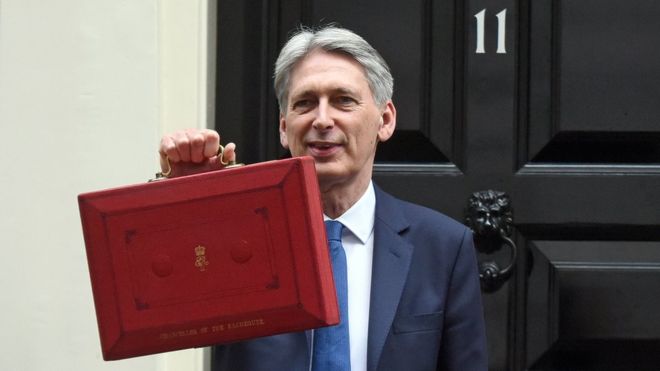Budget 2018 Special
By Vivienne Shirley, Senior Consultant
Hammond’s highly-anticipated pre-Brexit budget was slightly underwhelming from a housing and planning perspective. However, he did admit that the Letwin review (published today) confirms that large developers ‘do not engage in systematic land banking’ – something we already knew but nice to have it confirmed for those who remained unconvinced. The government will respond to Letwin’s recommendations early in 2019.
Regarding housing, he announced “a further £500m for the housing infrastructure fund to unlock a further 650,000 homes”, along with a new wave of strategic partnerships with nine housing associations to “deliver 13,000 homes across England”. There was also £1bn from the British Business Bank to support the “revival of SME house builders”, while up to 500 neighbourhoods will be provided with funding to allocate discounted housing to local people. In addition, though a questionable policy, stamp duty relief for first-time buyers was extended to shared ownership homes worth up to £500,000, surprisingly including retrospective relief.
The Chancellor also threw some much-needed funds at beleaguered councils, including a new mandatory business rates relief for public lavatories so local authorities can “relieve themselves” (cue weary laughter). Perhaps more appreciated will be the £420m available immediately to tackle potholes and other highway works, a growing issue in recent years. He further announced £650m available for English councils in 2019/20 and £84m to be invested over five years to expand programmes for children in care, with a social care green paper to follow. In a budget peppered with many fairly minor announcements, Hammond also offered £10m to deal with abandoned waste sites. He further formalised the scrapping of the HRA cap, arguably the most exciting announcement of the lot but nabbed by Mrs May at conference.
There was some good news for the Great British High Street, as Hammond announced £675m for a Future High Streets Fund to support councils in transforming high streets – helping them adapt to the age of internet shopping by investing in improvements. This would also go towards redeveloping underused retail and commercial buildings into residential accommodation where appropriate, with consultation on use class orders and compulsory purchase order regime to follow. He also pledged that many business rates bills will be cut by one third, resulting in annual saving of up to £8,000 for up to 90% of independent businesses.
All in all, though the spending commitments announced are the “largest discretionary fiscal loosening” since the OBR was created, they won’t go very far towards solving the housing crisis.
Read more about the latest planning news:
- Malthouse calls for “more, better, faster” as Gov ignore latest population stats – Read more
- Onwards and upwards for extensions? – Read more
- TCPA proposes 13 steps to deliver truly affordable housing – Read more
- Government lifts HRA borrowing cap – Read more
- Letwin Lets Rip in Build Out Review – Read more

Strategic land and site promotion
We work with strategic land developers and promoters, landowners and planning consultants to promote sites …

Energy and infrastructure
From new nuclear and unconventional gas to renewables, waste and airports, our team has worked …


